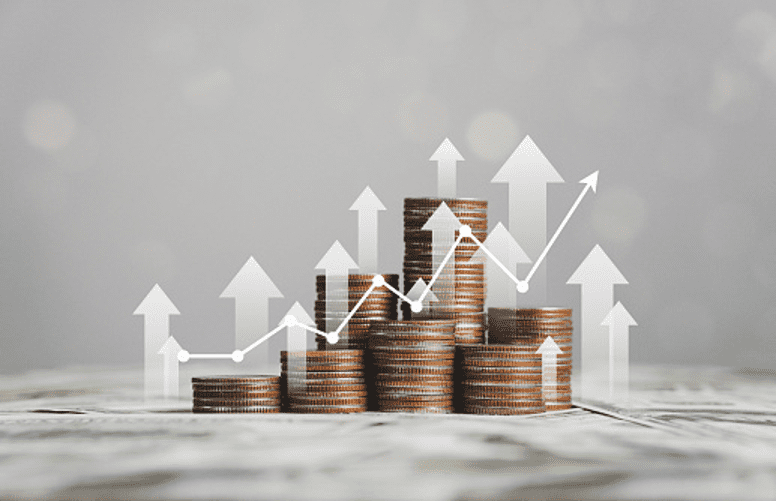The stock market is down, inflation is up, and the US economy is in the red, prompting experts to debate if the country is experiencing a recession. It’s hard to tell right now, but you may wonder how to prepare your investments for stormy weather. An economic recession typically lasts longer than a few months and involves a sharp drop in activity.
While external events like the pandemic affect the economy, they are not always the determining factor. Several aspects of the country’s financial stability are in play when determining whether or not a recession is happening.
For those that have taken a financial hit during other recessions like the tragic decline in 2008, finding ways to shore up their investments is a priority. You will need professional advice about your portfolio if you haven’t taken an online finance degree. Let’s look closely at a few ways to invest wisely during a recession.
Own Defensive Stocks
There is a tendency for consumer discretionary stocks to be boosted by a growing economy. This group of stocks relies on the activity of economic cycles and consumer certainty to gain and lose value. In contrast, consumer staples and utilities do not follow a cyclical pattern, so they are better insulated from market fluctuations. Investing in defensive stocks can help you protect your portfolio during a recession.
Top Australian Brokers
- Pepperstone - Trading education - Read our review
- IC Markets - Experienced and highly regulated - Read our review
- eToro - Social and copy trading platform - Read our review
No matter how bad the economy gets, people still need food and toilet paper, so consumer staples are relatively recession-proof. During a recession, there is an uninterrupted demand for general utilities, so these stocks generally show good performance during a recession.
Cash Is King
In times of economic downturn, there is no question that cash is king, and it will always play a crucial role. The more companies cut back, the more jobs go out, so it’s better to have more cash on hand. In the same vein, it is not a good idea to sell investments when a recession is imminent to get cash when the market plunges. When the market rises, if you sell too soon, you might be trapped in cash if you make a premature sale.
Investments that can withstand the storm of a recession are the best to make during a recession. As a result, building your portfolio in a way that includes liquid stocks and bonds is always a wise move in terms of diversifying your assets.
Quality Assets
In order to protect a portfolio against a downturn, investors should aim to invest in quality across different asset classes. The characteristics of quality investments include a high return on investment, low beta, and a low level of leverage.
Several businesses are suitable investments for investors who rely on something other than economic growth to flourish. A subscription-based sales model, for instance, is less sensitive to economic downturns than a traditional sales model. Debt-laden companies aren’t worth investing in since they might need help servicing their debt if their cash flow and revenue drop.
Dollar Cost Averaging
Investing in dollar-cost averaging means buying a certain amount of investment regularly, regardless of its price. The dollar-cost averaging method can be used during recessions to buy shares as the price of the shares falls. The same could be accomplished by dollar cost averaging with new money or automatically reinvesting dividends.
Dividend Stocks
Your portfolio will have a cushion to protect it from the market’s volatility when a recession hits. A company can keep paying dividends even if its stock price declines. If you are dealing with dividend stocks during a downturn, you may be able to find a method to average the dividends.
Avoid Growth Stocks
When we are on the verge of a potential recession, it is not a good time to buy growth stocks. Stocks with high growth prospects, especially profitless companies with a strong growth trajectory, tend to perform worse during recessions. It’s best to seek investments that are more likely to produce income or stocks with dividend returns.
Steady Investments
It’s impossible to predict how long or how much a recession will affect the stock market, even if one is on the horizon. In times of economic downturn, it’s often best to continue investing the same way you did before. Recessions can be challenging, but countercyclical rallies can also happen. Remaining focused on the long term, rather than panicking during downturns in the market, is the best way to maintain a strong portfolio.
There are always inherent risks with investing in the markets. The best way to build a strong portfolio that withstands the fluctuations of a recession is to work with an experienced financial expert. Follow these tips to help you make the wisest financial moves during a recession.






